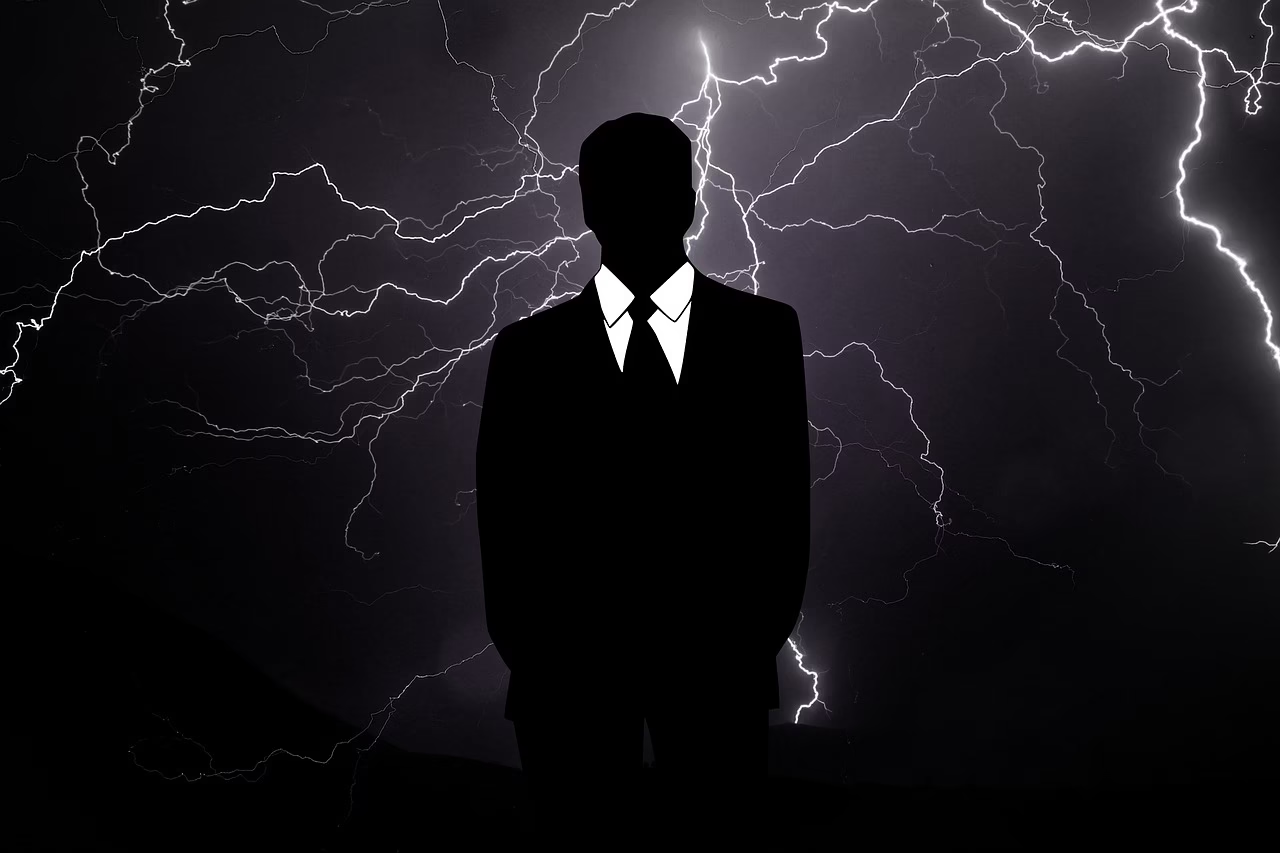
Have you ever looked in the mirror and wondered, “When did I become the adult I used to think was so old, and why does nothing feel the way I thought it would by now?”
If you’re nodding along, you’re experiencing something millions of people face but rarely talk about openly: the complex emotional landscape of midlife crisis. That unsettling feeling isn’t a character flaw or a sign you’re “losing it”—it’s a natural part of human development that deserves understanding, not judgment.
You might find yourself questioning career choices that once felt certain, wondering if your relationships are truly fulfilling, or feeling an unexpected urgency about dreams you’ve put on the back burner. Maybe you’re dealing with aging parents while supporting teenagers, all while your own body is sending new signals about time passing.
Here’s what you need to know: these feelings don’t mean you’re broken, they mean you’re growing.
Understanding the Midlife Transition
The term “midlife crisis” is often casually thrown around, accompanied by stereotypes about sports cars and questionable hairstyles. But psychologists understand this period as something much more profound: a developmental stage where we naturally reassess our lives, values, and remaining time.
Dr. Carl Jung first identified this phenomenon, noting that midlife often brings what he called “the afternoon of life”—a time when our priorities naturally shift from external achievement to internal meaning and authenticity.
Advice Disclaimer: The insights shared here are for general understanding and self-reflection. If you’re experiencing significant distress, please consider speaking with a mental health professional who can provide personalized support.
The Real Signs of Midlife crisis Questioning
Physical Awareness: Your body starts sending different messages. Energy levels shift, recovery takes longer, and mortality becomes less abstract.
Value Reassessment: Success markers that once motivated you might feel hollow. You begin asking deeper questions about purpose and legacy.
Relationship Evaluation: You crave more authentic connections and may feel impatient with surface-level interactions or unfulfilling partnerships.
Time Urgency: There’s a growing awareness that time is finite, leading to both anxiety and clarity about what truly matters.
Reframing Crisis as Opportunity
Here’s the beautiful truth that we at Better Today want to share: what looks like a crisis from the outside is often wisdom emerging from within. This period of questioning isn’t a breakdown—it’s a breakthrough waiting to happen.
Action Step 1: Embrace the Questions
Instead of fighting the uncertainty, lean into it. Keep a journal and write down the questions that keep surfacing. What do these questions tell you about what you’re outgrowing and what you’re growing toward?
Action Step 2: Create Small Experiments
Rather than making dramatic life changes, try small experiments. Always wanted to paint? Take one class. Curious about a career shift? Have coffee with someone in that field. Small steps reduce risk while honoring your curiosity.
Action Step 3: Seek Community
Connect with others by navigating similar transitions. Whether through support groups, online communities, or honest conversations with trusted friends, you’ll discover you’re not alone in these experiences.
Affiliate Disclaimer: Some resources mentioned may include affiliate partnerships; however, our recommendations are based on genuine value for our readers’ well-being.
The Gift Hidden in the Struggle
What feels overwhelming now often becomes your greatest strength. Many people emerge from midlife transitions with clearer priorities, stronger boundaries, and more authentic relationships. The questioning phase, though uncomfortable, often leads to the most fulfilling chapters of life.
Remember: You’re not having a crisis—you’re having an awakening. Your soul is asking for alignment between who you’ve become and how you’re living. Here is an article with some Life Lessons to help you.
Top 5 Books to Go Deeper
1. “The Middle Passage” by James Hollis
Hollis brilliantly explains midlife as a necessary journey toward authenticity. His Jungian approach helps readers understand why this transition is essential for psychological wholeness and personal growth.
2. “Life Reimagined” by Barbara Bradley Hagerty
Hagerty combines scientific research with personal stories to show how midlife can be the most creative and fulfilling time. Her practical approach makes navigating this transition feel hopeful and manageable.
3. “The Gifts of Imperfection” by Brené Brown
Brown’s work on vulnerability and authenticity speaks directly to midlife struggles with perfectionism and people-pleasing. Her insights help readers embrace their true selves during this transformative period.
4. “Finding Meaning in the Second Half of Life” by James Hollis
Another Hollis masterpiece that explores how midlife challenges us to move beyond external expectations toward internal wisdom. Essential reading for anyone questioning their life’s direction and purpose.
5. “Transitions” by William Bridges
Bridges offers a roadmap for navigating any life transition, including midlife changes. His three-stage model helps readers understand that endings, confusion, and new beginnings are all natural parts of growth.
Your Journey Forward
The complexities of getting older aren’t obstacles to overcome—they’re invitations to deeper living. Every question you’re asking, every uncertainty you’re feeling, is your inner wisdom calling you toward a more authentic version of yourself.
What if this isn’t a midlife crisis at all, but rather your soul’s way of guiding you toward the life you’re truly meant to live?
Want more tips like this? Follow @BetterToday for weekly ways to grow in health, mindset, and relationships.